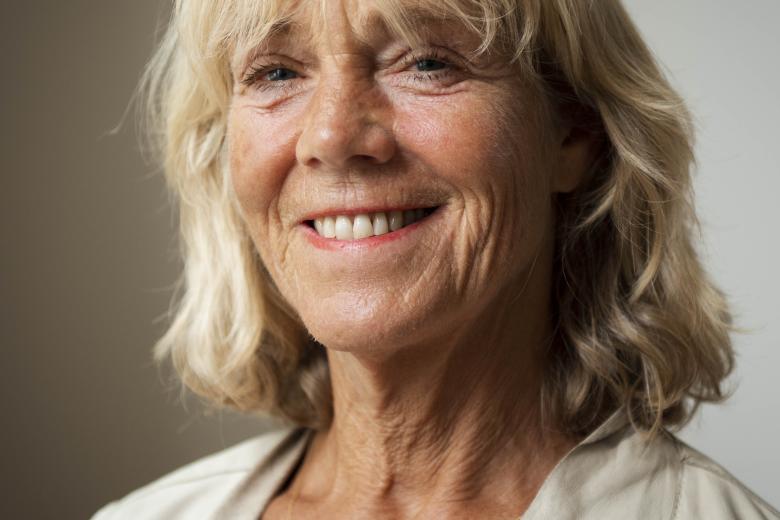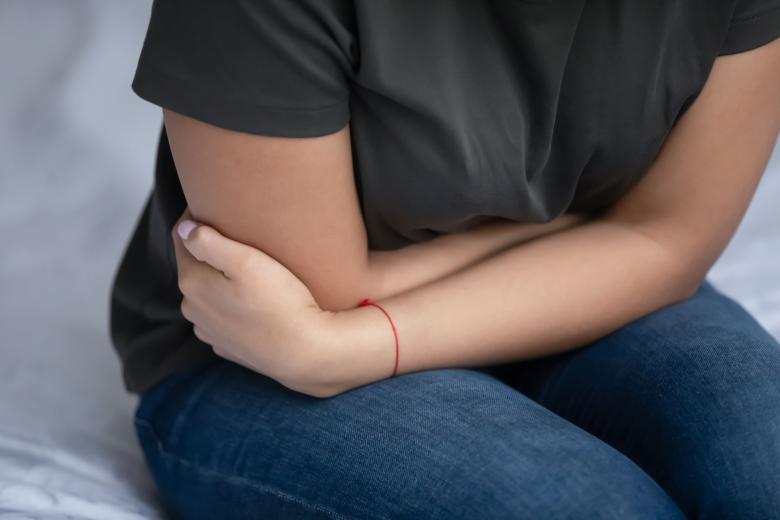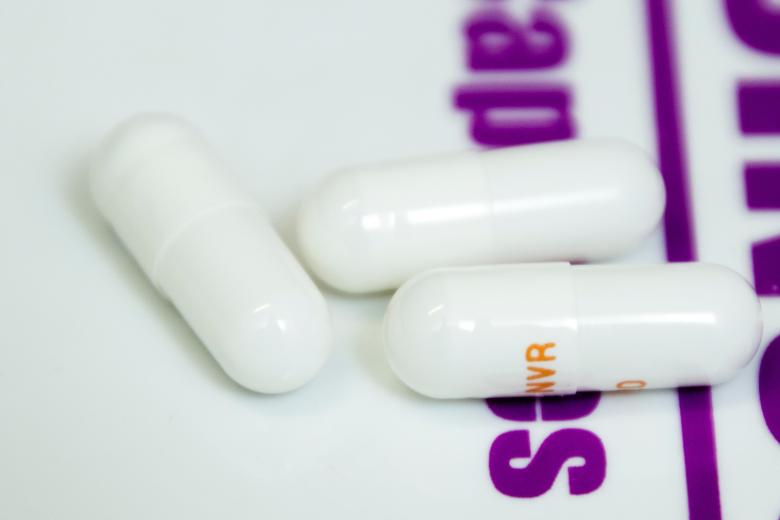Milk and cheese are a limited source of vitamin B12
In addition to meat and fish, dairy products like milk and cheese contribute to vitamin B12 intake. However, dairy products do not contain enough vitamin B12 to prevent deficiency in people who do not eat meat or fish. These were the results of a study by Maastricht University among 1,266 pregnant women. Pregnant women and children are particularly susceptible to vitamin B12 deficiency. Vitamin B12 supplementation is therefore recommended for people who limit their intake of animal products. The results of the study were recently published in the Journal of Nutrition.
Vitamin B12 deficiency
Limiting the consumption of animal products, particularly meat, has become an important issue in the climate debate. However, animal products are the only source of vitamin B12. A vitamin B12 deficiency can lead to anaemia and abnormalities of the nervous system. Pregnant women are particularly susceptible to vitamin B12 deficiency, which is why UM conducted a study on meat, fish, dairy products and eggs as sources of vitamin B12 in pregnant women. A total of 1,266 pregnant women participated in the so-called KOALA study.
Blood samples
The researchers collected blood samples from the pregnant subjects to determine the level of total and active vitamin B12 and the level of methylmalonic acid (MMA), a blood marker that is elevated as a result of vitamin B12 deficiency. The results showed that higher intakes of meat, fish and/or dairy products resulted in higher levels of vitamin B12 and lower levels of MMA in participants. In other words, in addition to meat and fish, dairy products like milk and cheese contribute to vitamin B12 intake. The more of these products pregnant women consume, the lower their risk of vitamin B12 deficiency. Eggs had a lower contribution to vitamin B12 levels, possibly because the pregnant research participants consumed very few eggs.
Risks
Further research showed that the risk of a vitamin B12 deficiency was ten times higher in women who consumed less than 4.2 micrograms of vitamin B12 per day. This suggests that the current Dutch recommendation for vitamin B12 (3.2 micrograms for pregnant women) is too low to prevent a deficiency. A total of 75 participants did not eat meat, 27 of whom also did not eat fish. Vitamin B12 intake in this group of women was less than half that of the women who did eat meat and/or fish. These women were also more likely to have a vitamin B12 deficiency than women who regularly ate meat and fish.
Recommendations
The researchers suggest additional research on how a diet low in animal products affects vitamin B12 levels. In the meantime, they recommend a vitamin B12 supplement for all people who want to limit their intake of animal products. This advice also applies to vegans and lacto-vegetarians, as most people do not consume enough dairy products or eggs to prevent a vitamin B12 deficiency. The Netherlands Nutrition Centre agrees that vegans and people who consume very few animal products should take a vitamin B12 supplement or increase their intake of foods that have been fortified with vitamin B12.
Also read
-
Menstruation is still a taboo in the workplace
In honour of the presentation of the VNVA Els Borst Prize for her oeuvre, Prof Marlies Bongers is organising the symposium "menstruation in RED on the agenda" on 1 October.

-
Repeat miscarriages: does the immune system play a role?
In women trying to conceive, 1-3% experience repeated miscarriages. For more than 50% of these women, a cause for the miscarriages has yet to be found. New research from Maastricht University (UM) and the Maastricht University Medical Centre+ (MUMC+) shows that the immune system’s Natural Killer (NK...

-
New European project aims to think outside the box when it comes to medicine
The European Commission has awarded €23 million to set up a new platform for drug repurposing: the use of existing drugs in diseases other than those for which they were originally developed. In the next seven years UM will develop the platform REPO4EU (precision drug REPurpOsing for Europe)...
